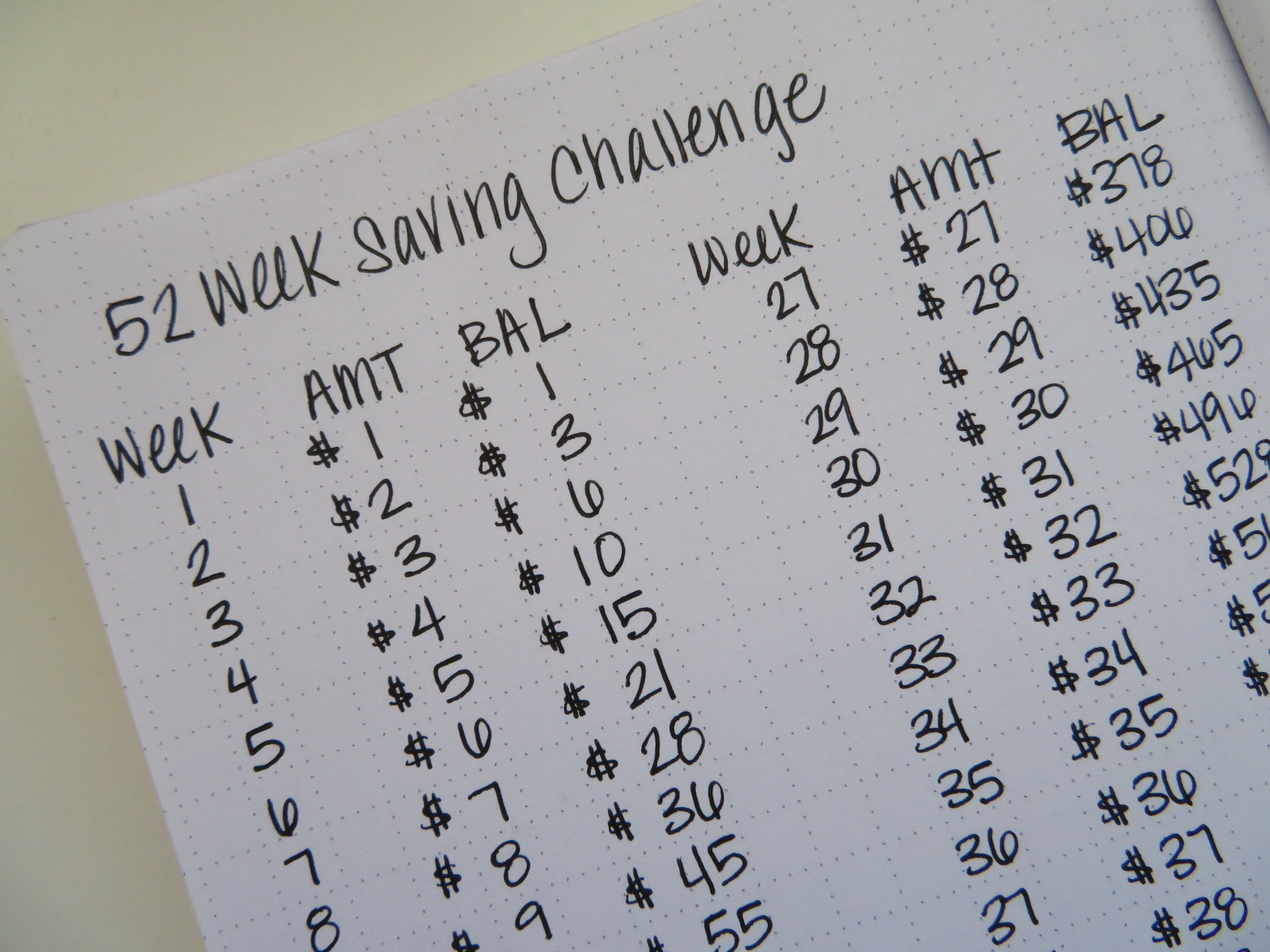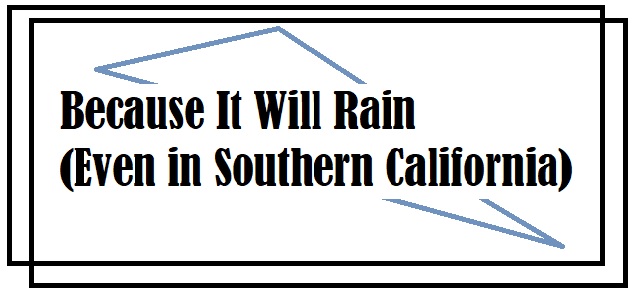What is wealth?
One of my missions in this life is to break the curses that have plagued my family for generations. I want them to stop with me. One of those curses is poverty. Admittedly, I’ve never been destitute, but as a child my family received government assistance, struggled to make ends meet and once was on the verge of being evicted. We didn’t have much but my mom always made sure we had what we needed. When I became an adult, I was hyper aware of the value of money and continued to focused on meeting my needs and saving. Living frugally throughout my 20s has actually been very rewarding and set me up to have a successful financial future. Living frugally is only the minimum however. Building wealth is more than merely saving money. Over the past few years I’ve started to think about what’s next, which has pushed me to learn more about wealth.
Assets
So, what exactly is wealth? Simply put, its valuable assets. Valuable assets include cash, real estate, stocks, bonds, mutual funds and revenue generating businesses. One of the biggest misconceptions I had to unlearn about wealth is that its solely based on income, and that it can be seen in the things people have: cars, clothing, immaculate homes, designer bags, jewelry, etc. The truth is, income doesn’t make a person wealthy. I am not ignorant to the fact that income is needed to build wealth, but if you are not using your income to acquire valuable assets, you cannot become wealthy.
So then what does “valuable asset” mean? First, we have to understand there’s a difference between personal value, or the value we as individuals or society places on a thing, and real/financial asset value. Things that we derive personal value from are generally those cars, clothing, homes, bags and jewelry. They provide something called “social currency”—clout as you may call it, and may elevate your social status. In reality however, the actual monetary value of those assets decreases over time. Cars for example, no matter the brand, tend to lose 20%-30% of their value after the first year, then 15% each year after that. This means that if you buy a car for $40,000, a year later if you tried to sell it you may be able to get $30,000 for it. That’s a loss of $10,000 PLUS the payments you made over the past year. Though they may benefit your social status, those items actually reduce your wealth. A valuable asset is an asset that appreciates in value.
Why is this important? You can only build wealth with assets that appreciate in value over time. We need to be clear that there’s a difference between social currency and monetary currency. When you invest in those assets you have to understand that they actually reduce your wealth because in most instances, if you sell them, you will get back less than what you paid for them.
Liabilities
The opposite of an asset is a liability. Liabilities are things that you are obligated, generally contractually, to pay for before they become yours. Liabilities include your car payment, mortgage balance and loans. When we’re thinking about wealth, we have to understand liabilities because things that are traditionally considered assets, like real estate, can be entangled with liabilities. Having too many liabilities also deteriorates your wealth.
Let’s say you decide to purchase your first home for $300,000. You pay $30,000 as your down payment and get a mortgage loan for $270,000. The collateral for the mortgage loan is your home. That means that you have to pay the bank back that $270,000 before you actually own your home. The $270,000 mortgage loan is a liability. The asset is the value of your home.
After a year, let’s say the home appreciates in value to $310,000 and your mortgage balance is $269,000 (we’ll talk about interest accrual in another post). If you were to sell your home, you would expect to receive $41,000 ($310,000 home value – $269,000 loan balance) before taxes and commissions. Yes, that is correct—if you have a $310,000 asset with a $269,000 liability attached to you it, it’s really only worth $41,000 to you. Additionally, since you do not actually own the home until its paid off, if you do not make your mortgage payments the bank can take the home away from you. This is called foreclosure.
Putting it all together
All wealth really is are valuable assets. That’s it-that’s all. No more complicated than that. A good, valuable asset is one that has a value that can be determined monetarily and converted to cash, that appreciates in value over time. In order to achieve wealth, we have to use our income to acquire these types of assets.
As always, thanks for reading and I’ll talk you again in the next one!



